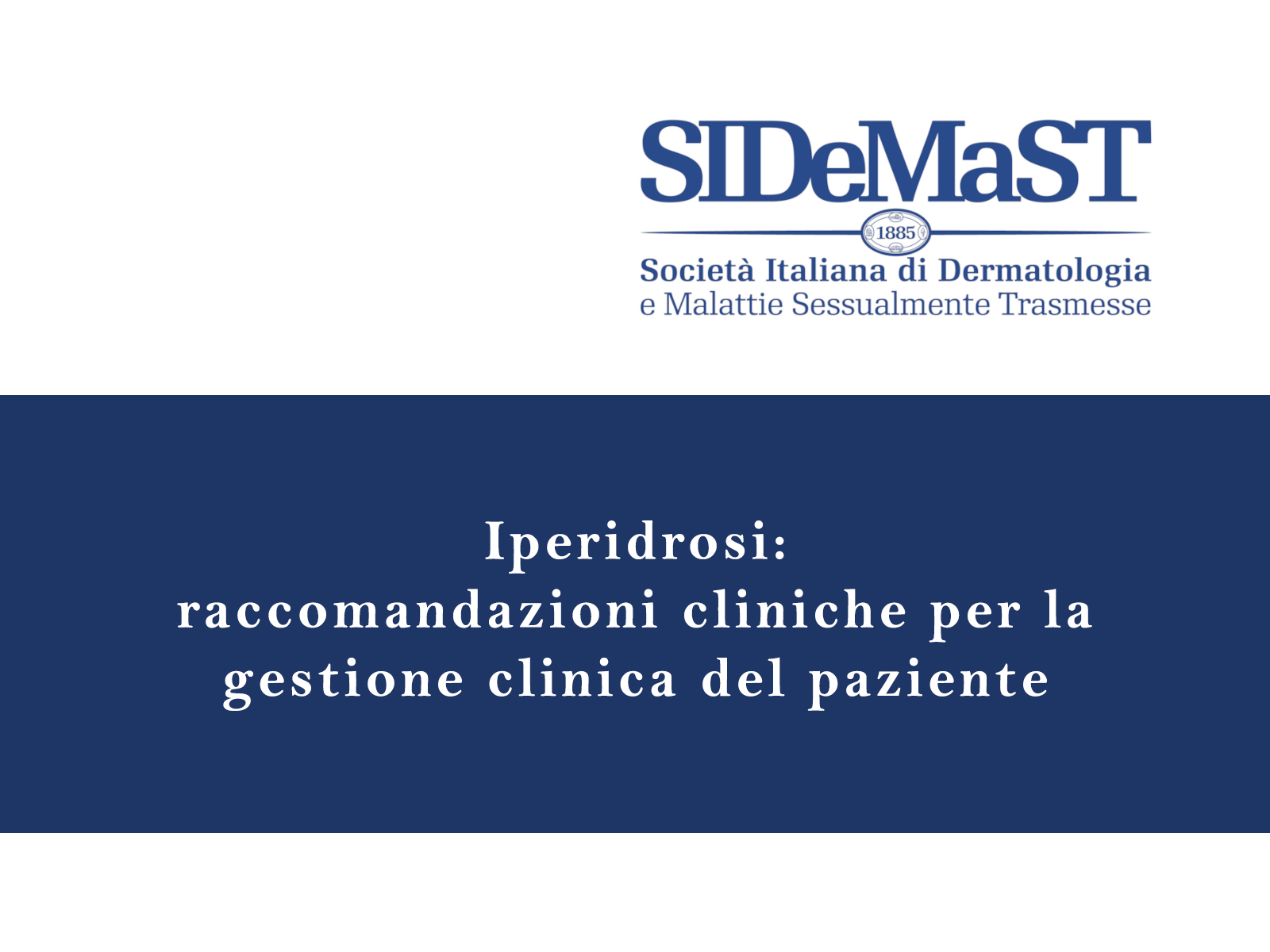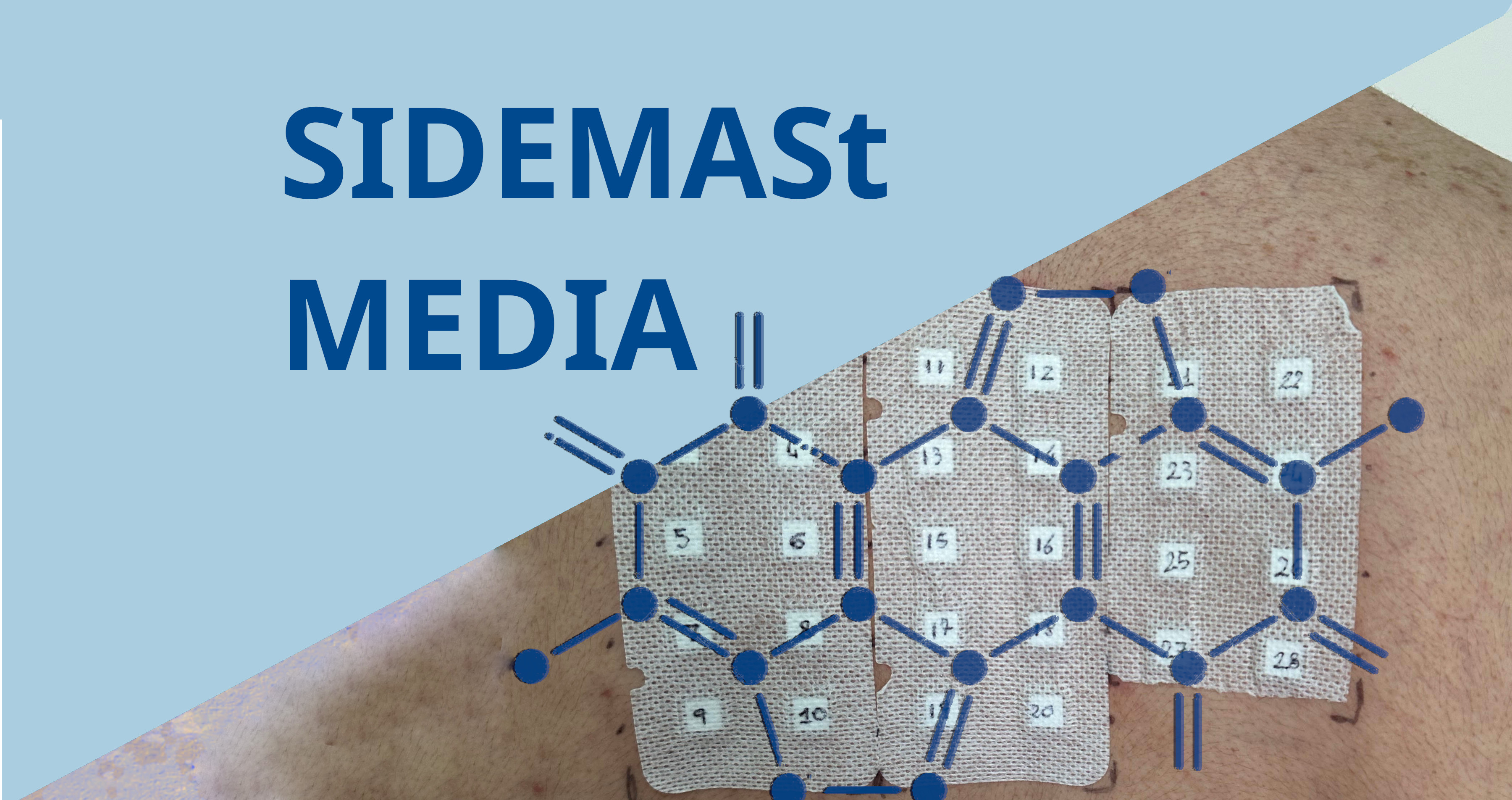Patients with eczema appear to have an increased risk of accidental bone fractures and other injuries, according to a study published in JAMA Dermatology.
The increased odds of accidental injury could be directly related to the side effects of steroids and sedating antihistamines or the under-treatment of severe cases, according to Jonathan I. Silverberg, MD, Northwestern University Feinberg School of Medicine and Northwestern Memorial Hospital, Chicago, Illinois, and colleagues.
"Many eczema patients who are prescribed medication for itch are often given sedating antihistamines or steroids, but those medications may come at a price," said Dr. Silverberg. "Sedatives cause fatigue, and steroids can lead to bone density problems and osteoporosis."
"Last month 3 of my patients with eczema cancelled at the last minute because of injuries," he said. "One fell and almost got hit by a bus, another was hit by a car, and another missed her appointment because she was in a car accident. You can't make this stuff up."
For the study, Dr. Silverberg used data from the 2012 National Health Interview Survey, a nationally representative sample of more than 27,000 adults. Participants shared their history of fractures, bone and joint injuries, and other injuries causing limitations.
Results showed that patients who reported a recent history with eczema (within the past 12 months) had a 44% higher odds of all injuries, and the odds more than doubled in patients aged 30 to 49 years and in those aged 50 to 69 years.
Many participants with eczema reported fatigue, sleeplessness or insomnia. These sleep symptoms were found to contribute to an even greater risk of accidents, compared with those with sleep symptoms and no eczema.
"Some of these patients are probably undertreated and aren't getting any relief, and they can't sleep," said Dr. Silverberg.
Future studies are needed to confirm the associations found in the study, but Dr. Silverberg said the results validate what he has observed for years and should be taken seriously.
"Until better options are developed to manage eczema and itch, doctors should remind patients of the side effects of their medication and encourage them to use caution when out and about and avoid situations like driving while using sedating antihistamines," he said.









